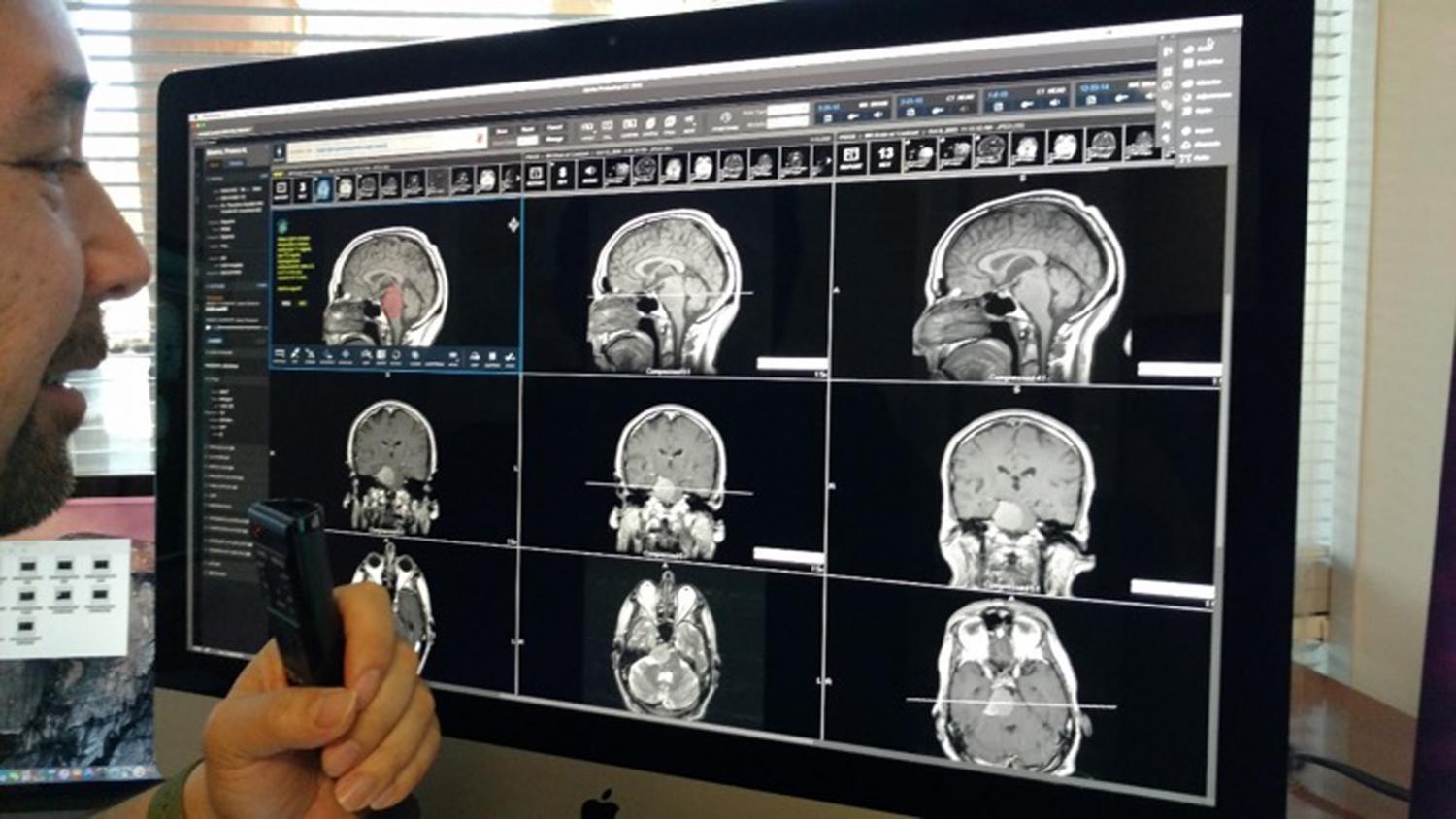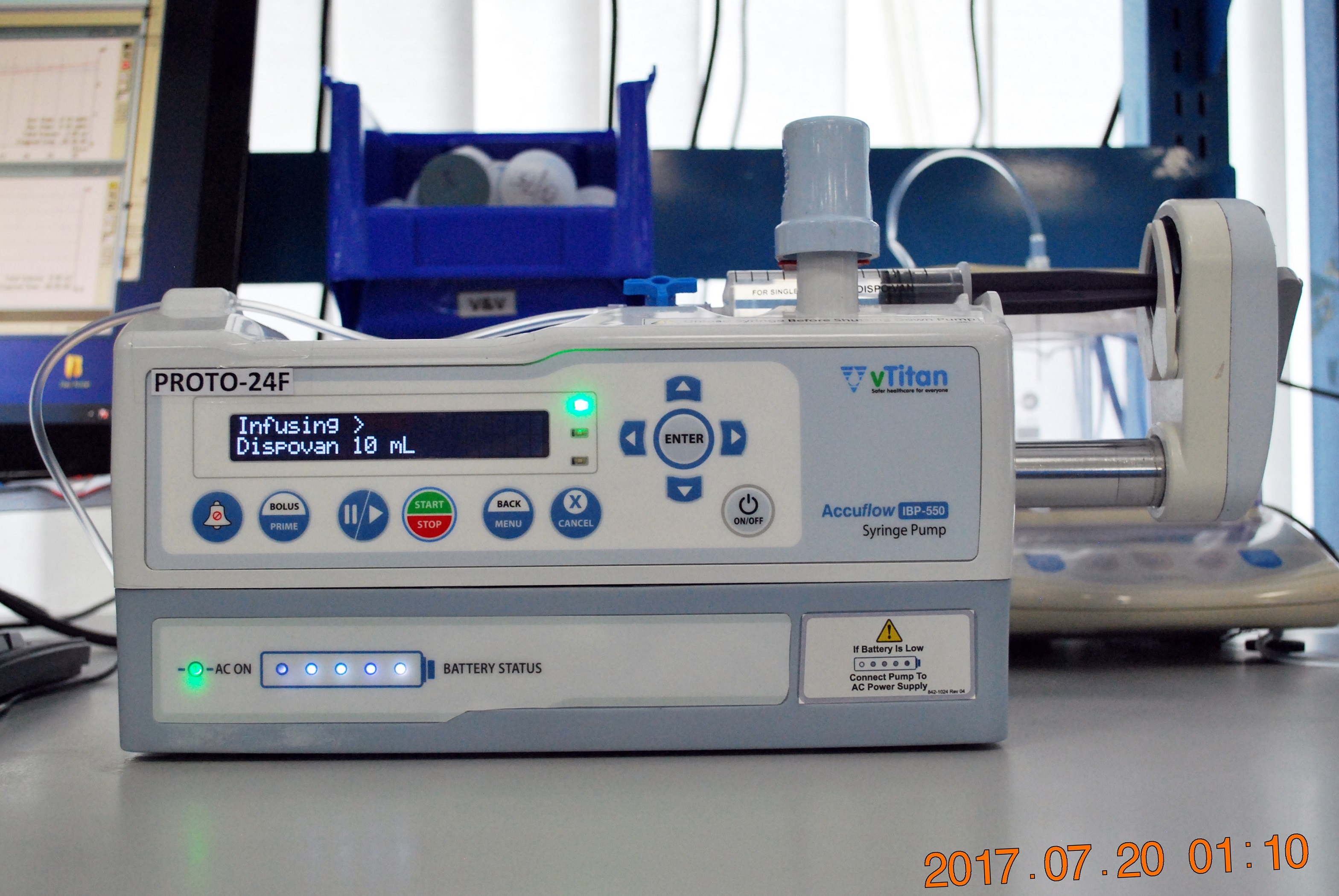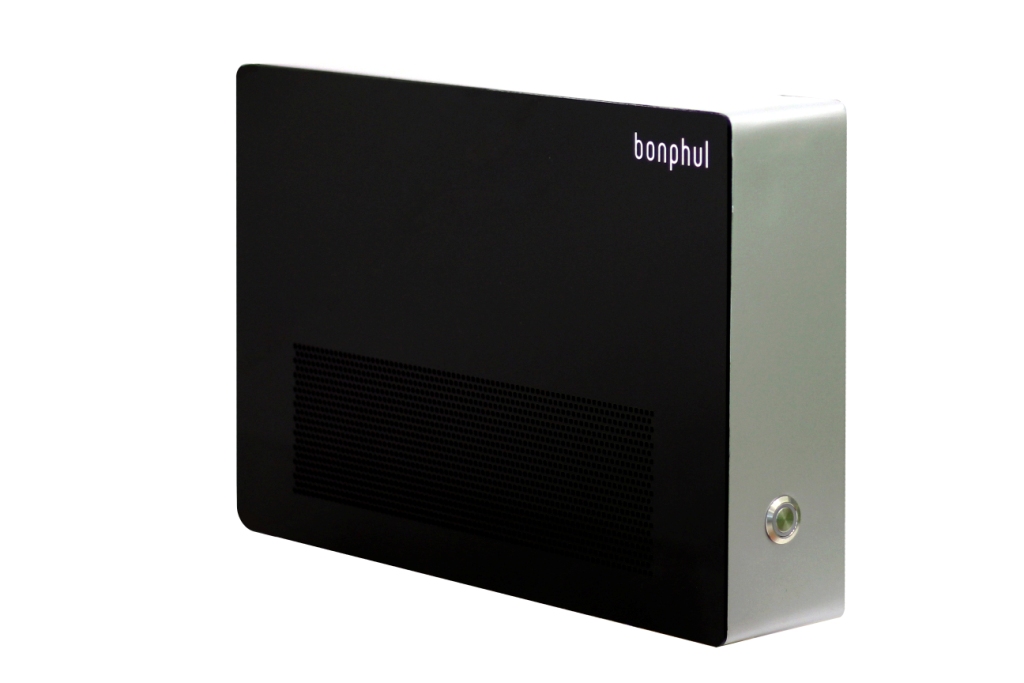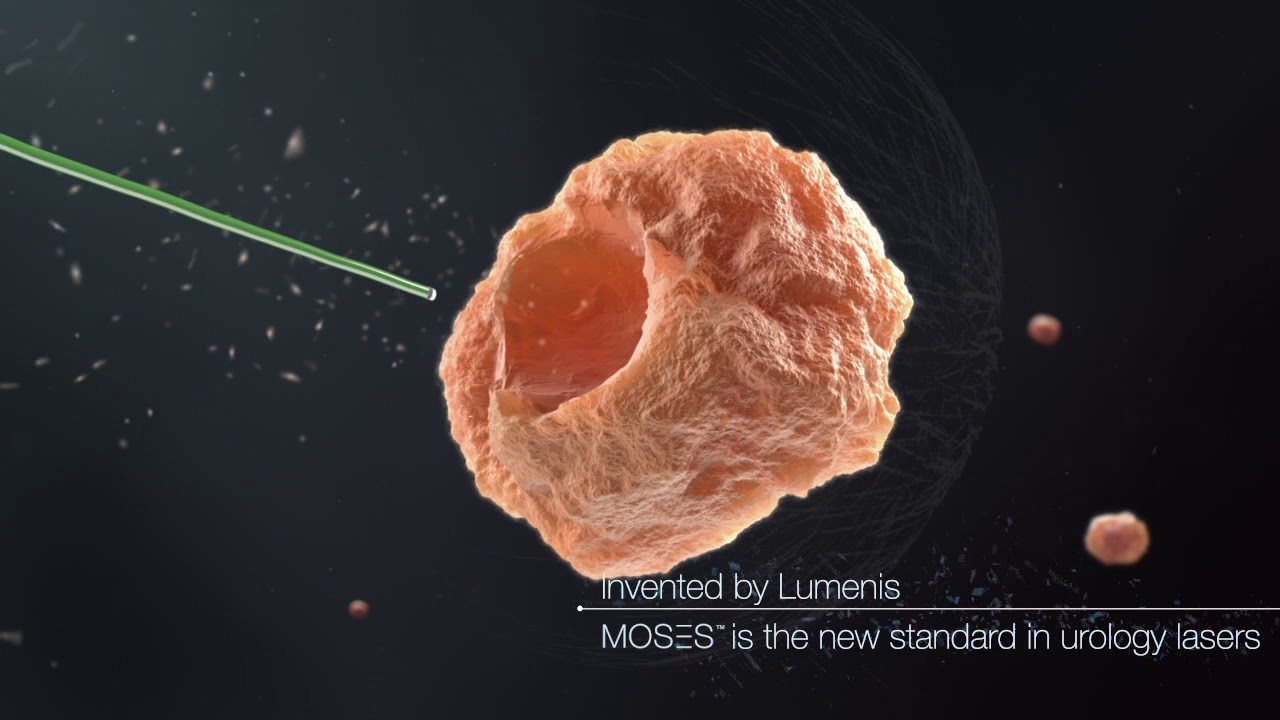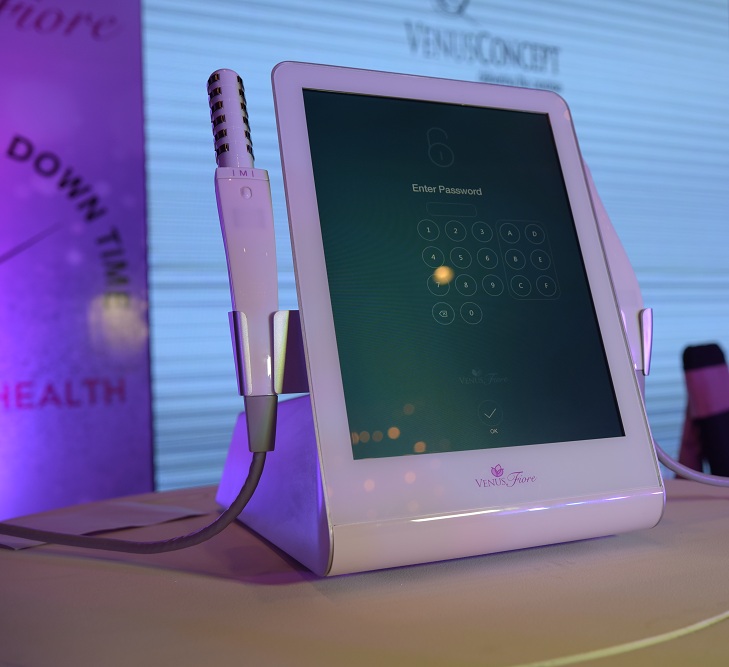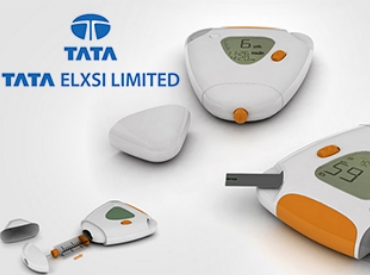Singapore consortium has developed a synthetic surface that will be chemical-free and anti-bacterial. Scientists from A*STAR’s Industrial Consortium On Nano-imprint (ICON) have taken a leaf from animals like dolphins and pilot whales that are known to have anti-fouling skins and are using nano-technology to create the new revolutionary surface that can reduce infections caused by pathogens such as S. aureus and E. coli. The material can be used on common plastics, medical devices, lenses and even ship hulls. Conventional methods for preventing bacterial surface attachment may use potentially harmful metal ions, nano-particles, chemicals or UV-radiation. Nano-imprint technology, a form of nano-technology, is a simple technique that has been developed by IMRE to make complex nanometer-sized patterns on surfaces to mimic the texture of natural surfaces. This gives the engineered material ‘natural’ properties such as luminescence, adhesiveness, water-proofing and anti-reflectivity. The anti-microbial surfaces project will demonstrate the versatility of nano-imprinting technology and its benefits to a wide range of industries.

Be a part of Elets Collaborative Initiatives. Join Us for Upcoming Events and explore business opportunities. Like us on Facebook , connect with us on LinkedIn and follow us on Twitter , Instagram.


